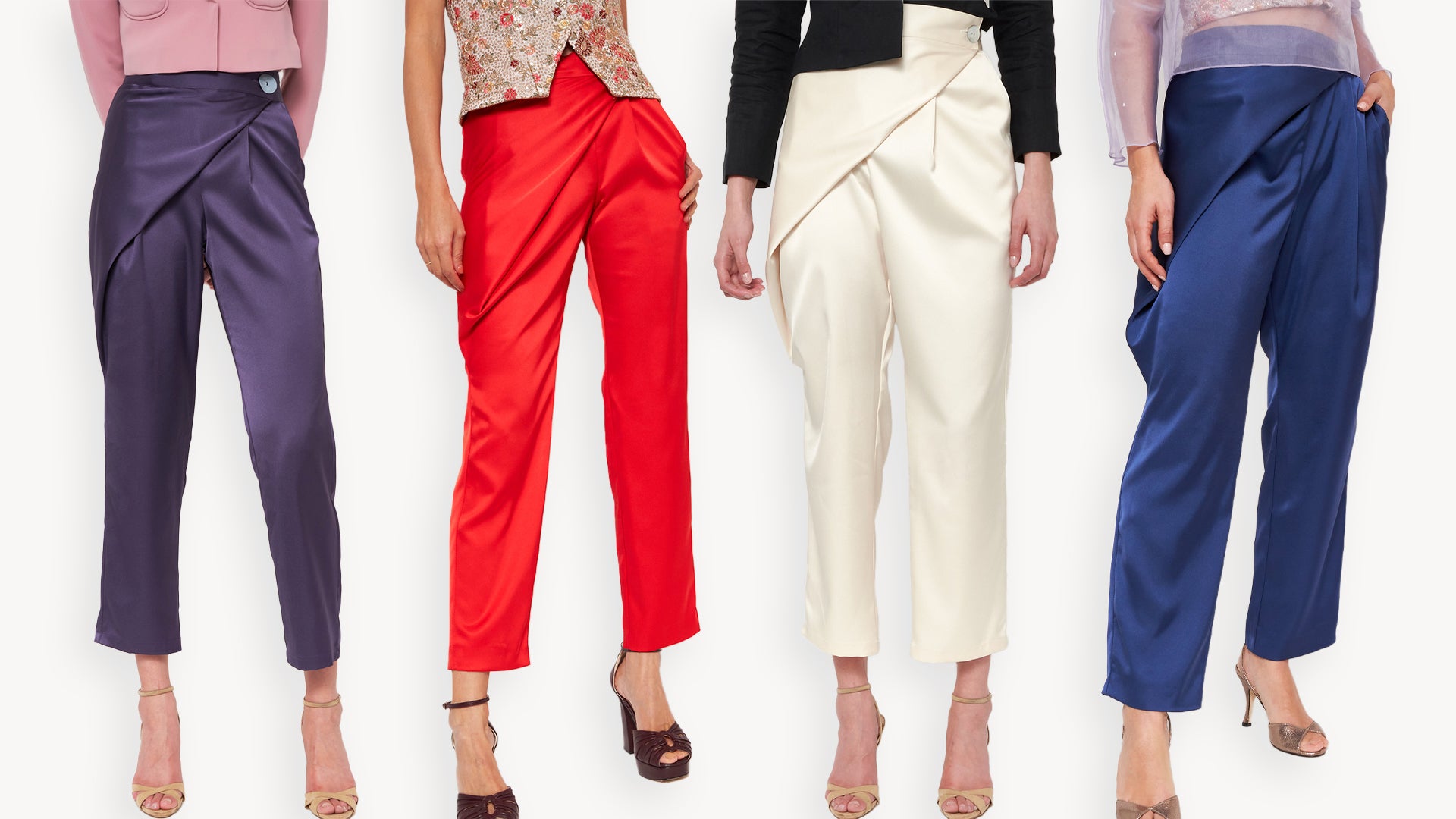
Sustainable Fashion Trends: Where The Industry Is Heading In 2023
Written by: Tomas GonçalvesSustainable fashion
Sustainable fashion is becoming increasingly relevant as the industry looks toward 2023. While fast fashion has dominated the industry for years, consumers are becoming more aware of their shopping habits' environmental and social impacts. Therefore, many brands have begun to prioritize sustainability in their practices. In the next few years, efforts to incorporate eco-friendly materials such as organic cotton, recycled polyester, and biodegradable fabrics will continue to increase. Additionally, there will be a greater focus on ethical manufacturing practices and transparency in the supply chain. Circular fashion and recycling initiatives will also play a significant role in the industry, with more brands offering take-back programs and second-life collections. Overall, the continued shift towards sustainable fashion is an exciting development that will benefit both the planet and its inhabitants.
What is Sustainable Fashion?
Sustainable fashion refers to clothing and accessories that are produced in an environmentally and socially responsible manner. Sustainability is at the heart of everything that sustainable fashion stands for. This means that sustainable fashion involves using sustainable materials and fabrics, such as organic cotton or recycled textiles, and adopting environmentally-friendly manufacturing processes. Sustainable fashion also aims to promote ethical working conditions for factory workers and artisans, ensuring they are paid fairly and treated humanely. Textiles used to make sustainable fashion are typically eco-friendly and leave a smaller carbon footprint. This type of fashion is all about creating clothing that is produced with the least possible harm to the environment while also being mindful of the ethical practices involved in their production.
Why is Sustainability in Fashion Important?
Sustainable fashion is crucial as traditional clothing companies often contribute to environmental degradation and poor working conditions for apparel workers in developing countries. Fast fashion is a significant contributor to this problem, as many people are starting to purchase trendy clothes and wear them only a few times before discarding them. This creates a cycle of cheap, low-quality clothing that is not designed to last, producing a great deal of waste and pollution while also underpaying employees. Sustainable fashion aims to reduce this trend, creating ethically and environmentally conscious, durable clothing that improves the quality of life for its workers. Designers and consumers alike have started to embrace sustainable fashion as a way to reduce their environmental impact and support the well-being of those in the garment industry.
Luxury solving fast fashion
In recent years, many fashion brands have faced increasing scrutiny over their environmental and social impact due to the fast fashion industry's negative effects. As a result, luxury brands have seized the opportunity to pivot towards sustainable fashion in response to the growing demand for eco-friendliness. By focusing on quality and longevity over mass production, luxury brands are promoting ethical practices and recycling of materials to address social and environmental issues. Although luxury fashion presents a higher cost, it is often regarded as a long-term investment with timeless designs and better environmental practices. As such, more consumers are willing to invest in sustainable luxury fashion to support ethical practices and contribute to a circular economy. By promoting sustainability, luxury brands may instill a shift in the fashion industry that could solve the fast fashion dilemma.
Latest Trends In The Sustainable Fashion Industry
The sustainable fashion industry has been gaining momentum in recent years, and it's latest trends to watch out for are eco-friendly and socially responsible fashion practices.
By 2023, fashion industry leaders are expected to place a greater emphasis on sustainability throughout the entire supply chain, from production to retail. This includes increasing the use of sustainable textiles, such as organic cotton and recycled polyester, and reducing waste by promoting circular fashion. As well as, the emphasis on creating high-quality garments that last longer will increase, instead of fast fashion trends that promote mass-produced and disposable clothing. Consumers are also seeking out environmentally conscious brands and are willing to pay a premium for sustainable fashion trends that prioritize fair labor practices and reduced environmental impact, as sustainable fashion trends in 2023 will benefit the environment and improve the quality of life in textile manufacturing communities. As the fashion industry continues to evolve, it is clear that sustainability is no longer a buzzword but a necessary aspect of the fashion trend toward conscious consumption. And with these sustainable initiatives, the fashion industry will take a step toward a better future.
Future of Sustainable Fashion
The future of sustainable fashion looks promising as more and more fashion companies are starting to embrace sustainability as a core value. As consumer awareness and demand for eco-friendly fashion keep growing, the fashion industry is under increasing pressure to adopt more sustainable practices. In the coming years, we can expect to see more innovative and environmentally-friendly materials being used in clothing production, such as recycled fabrics, organic cotton, and biodegradable materials. Also, there will be more ethical approaches to manufacturing and transportation, with companies reducing their carbon footprint and minimizing waste throughout the supply chain.
Ultimately, the future of sustainable fashion is about creating a more responsible and conscious industry that values both people and the planet.



